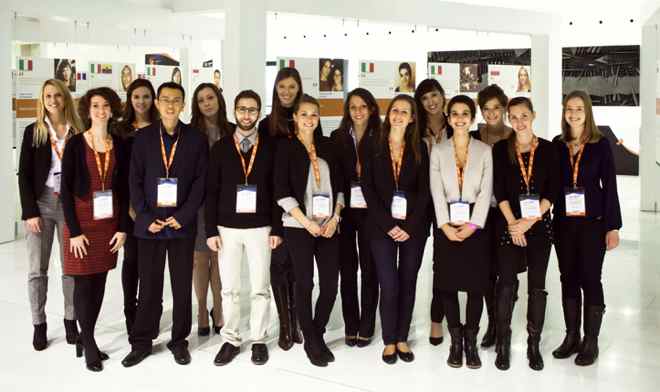 The global food system is plagued by paradoxes. More than 1 billion people in the world do not get enough to eat, but approximately the same amount of people1.5 billionconsume too many calories. And often what they eat is of little nutritional value, creating a situation where malnutrition and obesity exist in the same communities and even the same families. The amount of food that the world produces is more than enough to feed its 7 billion inhabitants but more than one third of it is wasted. And ironically, the worlds 500 million smallholder farmers are the hungriest people in the world.
The global food system is plagued by paradoxes. More than 1 billion people in the world do not get enough to eat, but approximately the same amount of people1.5 billionconsume too many calories. And often what they eat is of little nutritional value, creating a situation where malnutrition and obesity exist in the same communities and even the same families. The amount of food that the world produces is more than enough to feed its 7 billion inhabitants but more than one third of it is wasted. And ironically, the worlds 500 million smallholder farmers are the hungriest people in the world.
These problems need solutions and the Barilla Center for Food & Nutrition Young Earth Solutions competition, with the patronage of the U.N. Educational, Scientific, and Cultural Organization (UNESCO) and the European Commission, is bringing young people together to develop sustainable solutions to nourish both people and the planet. The deadline of the BCFN YES! has been extended to August 1, 2013, so theres still plenty of time to enter submissions! Applicants can submit a project that theyre already working on for their graduate requirements, as long as the projects concept can be made relevant to the topic of the competition.
Federica Marras project, Manna From Our Roofs, was the BCFN YES! winner in 2012. Manna From Our Roofs will create a multi-layered urban farm out of abandoned city buildings by building wall and roof gardens and window farms. The project helps solve a couple of different problems. The first is making cities more sustainable, more livable places; and the second is finding ways to personally and emotionally involve other young people around what Marra calls a new ecology of food.
Other contestants had equally innovative proposals for changing the food system:
- Francesca Allievis labeling project brings data on food, health, and environmental impact into the hands of Europeans quickly, easily, and cheaply, with more informative food labels.
- Katarzyna Dembska's project calculated the impact of school lunches on water resources in Tuscany, finding that changing the menu to include a plant-based meal once a week would have major impacts in combating water scarcity.
- Behtash Bahador, recognizing that obesity and malnutrition simultaneously affect too many people across the globe, invented HourFood, an app that helps its users make healthy choices at home, in the market, and on the go.
- Marina Bassanis Make eat! smartphone app makes traditional methods of home gardening and preserving and preparing food at home easier for the modern user.
- Natia Bejanidze developed a waste-free technology for fruit and vegetable processing.
- Wahyu Wijaya proposed a processing technology to turn microalgae into a paste that can be used to enhance a variety of food products, which would be particularly valuable for countries impacted by undernutrition and climate change.
- Elena Cadels project uses e-gaming technology to encourage young people to make healthy food choices.
- Marta Antonelli came up with a labeling program that informs consumers about how much water goes into the packaged foods they purchase on the package itself.
- Zoë Watteaux presented her idea of using sensorial marketing to tackle child obesity in France.
The theme of the competition is: Food and Sustainability: How to reduce our environmental impact, guaranteeing health and food accessibility for all. The contest is open to young researchers and university students under the age of 30. The 10 finalist projects will be presented at the 5th International Forum on Food and Nutrition in Milan this November, and BCFN will cover all travel and lodging expenses for finalists for the full duration of the conference. The team or individual with the winning idea will receive 1000.00 and the opportunity to participate in a BCFN research project in 2014. BCFN will also post the names and abstracts of each finalist project on their website.

